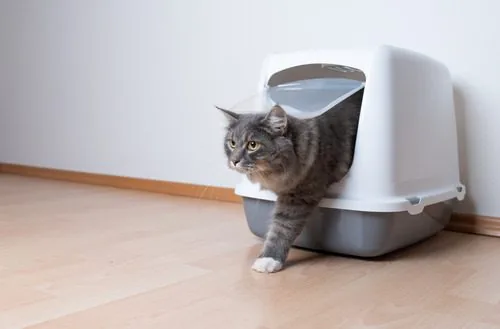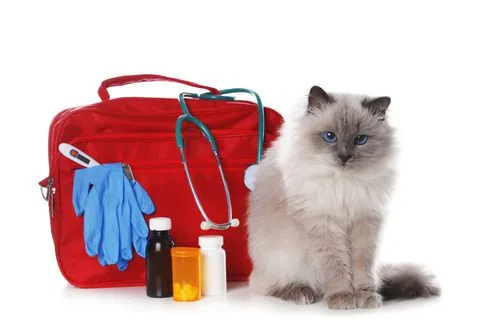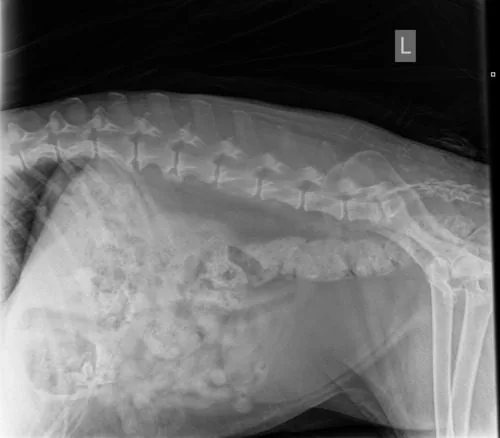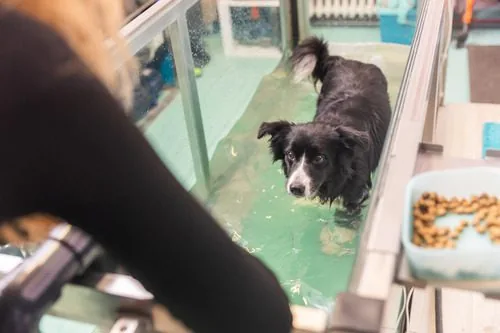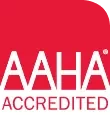Stenotic Nares Surgery: What It Is and What to Expect
Stenotic nares surgery is a significant procedure that can greatly improve the quality of life for certain breeds of dogs and cats. If your pet has been diagnosed with stenotic nares, you might feel a mix of concern and curiosity about what this surgery entails. This blog will guide you through the basics of stenotic nares surgery, its benefits, the surgery process, and what to expect during your pet’s recovery. If you believe your pet can benefit from stenotic nares surgery, call Veterinary Healthcare Associates at (863) 324-3340 to schedule your pet’s procedure or schedule a consultation.
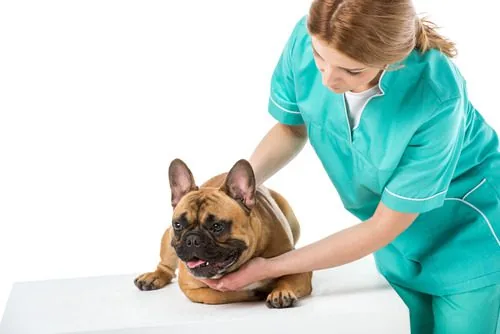
Stenotic Nares and Why Surgery is Necessary
Stenotic nares is a condition characterized by abnormally narrowed nostrils, which can significantly hinder your pet’s ability to breathe properly. This condition is most common in brachycephalic breeds—those with short, flat faces—such as Bulldogs, Pugs, and Persian cats. These breeds are prone to various respiratory issues, and stenotic nares is one of the most prominent.
Why Is Surgery Necessary?
When the nostrils are too narrow, it forces your pet to work much harder to breathe, which can lead to chronic fatigue, difficulty exercising, and even more serious complications like heat stroke or respiratory distress. Surgery is often recommended to correct this condition because it physically widens the nostrils, allowing for easier airflow. This can make a profound difference in your pet’s day-to-day comfort and overall health.
Does My Pet Need Stenotic Nares Surgery?
You might wonder how to recognize if your pet needs stenotic nares surgery. Common symptoms include:
- Noisy breathing
- Snoring
- Excessive panting
- Difficulty eating
If your pet exhibits these signs, especially if they are a brachycephalic breed, consult with your veterinarian.
The Stenotic Nares Surgery Procedure
Stenotic nares surgery is a straightforward procedure done under general anesthesia. Dr. Katie Barry, who specializes in brachycephalic surgeries for dogs, will remove a small portion of nostril tissue to widen the nasal openings, improving airflow and easing your pet’s breathing. The surgery typically takes 30 minutes to an hour, depending on the severity of the condition and your pet’s health. While the surgery itself is not overly complex, it does require precision to ensure the nostrils are adequately widened without compromising the structure of the nose.
Pre-Surgery Preparations
Before the surgery, your veterinarian will perform a thorough physical examination to ensure your pet is healthy enough to undergo anesthesia. Blood tests and other diagnostics may be conducted to rule out any underlying conditions that could complicate the procedure. Veterinary Healthcare Associates is proud to offer an all-inclusive surgery package, which includes stenotic nares surgery at an affordable price. This package is designed to make this important surgery more accessible for you and your beloved pets. Be sure to follow all pre-surgery instructions, such as fasting your pet for a certain period before the procedure, to minimize the risk of complications.
Post-Surgery Recovery and What to Expect
After stenotic nares surgery, your pet will need some time to recover. Immediately following the procedure, your pet will be closely monitored as the anesthesia wears off. Most pets are allowed to go home the same day, but some may require an overnight stay for additional observation.
During the recovery period, you may notice some swelling around the nose and mild discomfort. Your veterinarian will prescribe pain medication and possibly antibiotics to prevent infection. Follow the post-surgery care instructions carefully to ensure a smooth recovery.
Caring for Your Pet at Home
At home, keep your pet in a calm and quiet environment to allow for proper healing. Restrict their activity for the first few days, and avoid any rough play that could disrupt the surgical site. Your pet may need to wear an Elizabethan collar (often called a “cone” or “e-collar”) to prevent them from scratching or rubbing their nose. Regular check-ups will be scheduled to monitor the healing process and to remove any sutures if necessary.
Are There Any Risks Associated with Stenotic Nares Surgery?
As with any surgical procedure, stenotic nares surgery carries some risks. While complications are rare, it’s important to be aware of potential issues such as bleeding, infection, and anesthesia reactions. However, these risks are generally low, especially when the surgery is performed by an experienced veterinary surgeon. In the days following surgery, watch for signs of complications, such as excessive swelling, discharge from the nose, or difficulty breathing. If you notice any unusual symptoms, contact your veterinarian immediately.
Long-Term Benefits of Stenotic Nares Surgery
Pets who undergo this procedure often experience a variety of long term benefits.
- A dramatic improvement in your pet’s breathing, which in turn enhances their energy levels, activity tolerance, and overall well-being.
- By reducing the strain on your pet’s respiratory system, the surgery can also decrease the risk of other health issues related to poor oxygenation, such as heart problems or heat intolerance.
- Owners report that pets seem more comfortable and lively and enjoy activities that were previously challenging.
Choosing Veterinary Healthcare Associates for Your Pet’s Stenotic Nares Surgery
When considering stenotic nares surgery for your pet, choose a veterinary team you can trust. At Veterinary Healthcare Associates, our team is dedicated to providing the highest quality care for your pet. Our experienced veterinarians understand the unique needs of brachycephalic breeds and are committed to ensuring your pet receives the best possible treatment. If you have questions about stenotic nares surgery or would like to schedule a consultation, please call us at (863) 324-3340.
Recent Posts
When is Dog Diarrhea an Emergency?
When is Dog Diarrhea an Emergency? Dog owners know all too well that occasional digestive upset isn’t…
Is Cat Constipation an Emergency?
Is Cat Constipation an Emergency? Cats are often private about their habits, especially when it comes to…
Feline Emergencies: Warning Signs Your Cat is Crying for Help
Feline Emergencies: Warning Signs Your Cat is Crying for Help Cats have a reputation for being independent,…
Spondylosis in Dogs: Symptoms, Treatment, & More
Spondylosis in Dogs: Symptoms, Treatment, & More If your dog is slowing down or showing signs of…
Dog Wobbler Syndrome: Symptoms, Diagnosis, & Treatment
Dog Wobbler Syndrome: Symptoms, Diagnosis, & Treatment Wobbly walking, a stiff neck, or an unsteady gait in…
About Veterinary Healthcare Associates
Veterinary Healthcare Associates in Winter Haven, FL, was established over 30 years ago as Maxwell Animal Clinic by Dr. John Maxwell. Maxwell Animal Clinic was a one-doctor general practice offering preventive care, dentistry, and standard surgical services to the community. As the years passed, Maxwell Animal Clinic evolved into a thriving 10-doctor general, specialty referral, and emergency veterinary practice.


